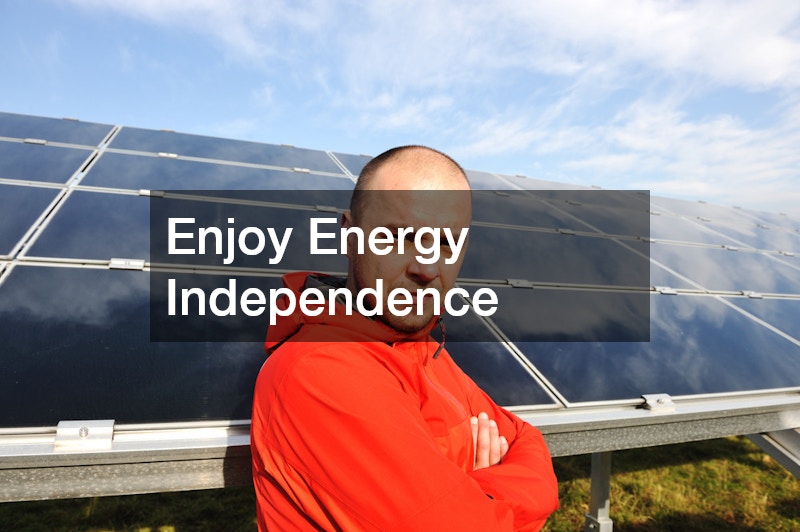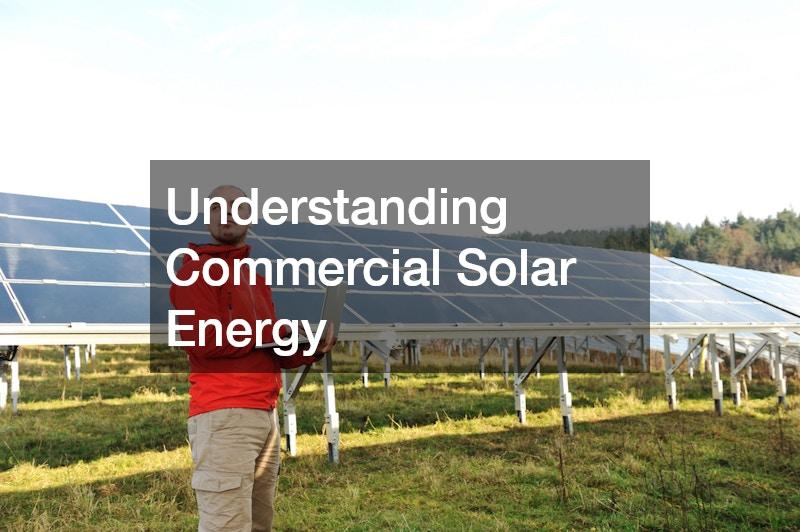As businesses increasingly prioritize sustainability and cost-efficiency, commercial solar energy has become a popular solution. Harnessing solar power offers companies significant financial benefits while contributing to environmental preservation. Understanding the key elements of commercial solar energy can help business owners make informed decisions about integrating this technology into their operations.
What Is Commercial Solar Energy?
Commercial solar energy refers to the use of solar power systems to generate electricity for businesses, industries, and large-scale operations. These systems typically involve installing solar panels on rooftops, open land, or parking structures to capture sunlight and convert it into usable electricity through photovoltaic (PV) technology.
Commercial solar energy systems are designed to meet the energy demands of large facilities, offices, and manufacturing plants.
Benefits of Commercial Solar Energy
Cost Savings
One of the main reasons businesses adopt commercial solar energy is the potential for long-term savings. Once the solar system is installed, companies can significantly reduce or even eliminate their electricity bills. Additionally, many regions offer incentives, tax credits, and rebates to businesses that invest in solar power, further lowering the overall cost of installation and maintenance. Over time, these savings can add up, making solar energy a sound financial investment.
Environmental Impact
Solar energy is a clean and renewable resource. By using solar power, businesses reduce their dependence on fossil fuels, which decreases carbon emissions and air pollution. Transitioning to commercial solar energy aligns businesses with growing environmental concerns and helps them meet sustainability goals. This not only benefits the planet but also improves a company’s reputation as an environmentally conscious organization.
Energy Independence
Commercial solar systems offer businesses a level of energy independence. By generating their own electricity, companies can reduce their reliance on the grid and avoid the volatility of energy prices. Solar energy systems can also be combined with battery storage solutions, allowing businesses to store excess energy for use during peak hours or power outages.
Considerations for Installation
Before installing a commercial solar energy system, businesses should consider several factors:
Roof Space or Land Availability
Solar panels require ample space to generate sufficient electricity. Businesses must assess whether they have enough roof or land space for installation.
Initial Investment
While solar energy can lead to long-term savings, the upfront costs of purchasing and installing solar panels can be significant. However, financing options and government incentives can help mitigate these expenses.
Maintenance
Solar energy systems require minimal maintenance, but businesses should account for occasional cleaning and inspections to ensure peak efficiency.
Watch the video above to learn more about commercial solar energy services in Texas!.






